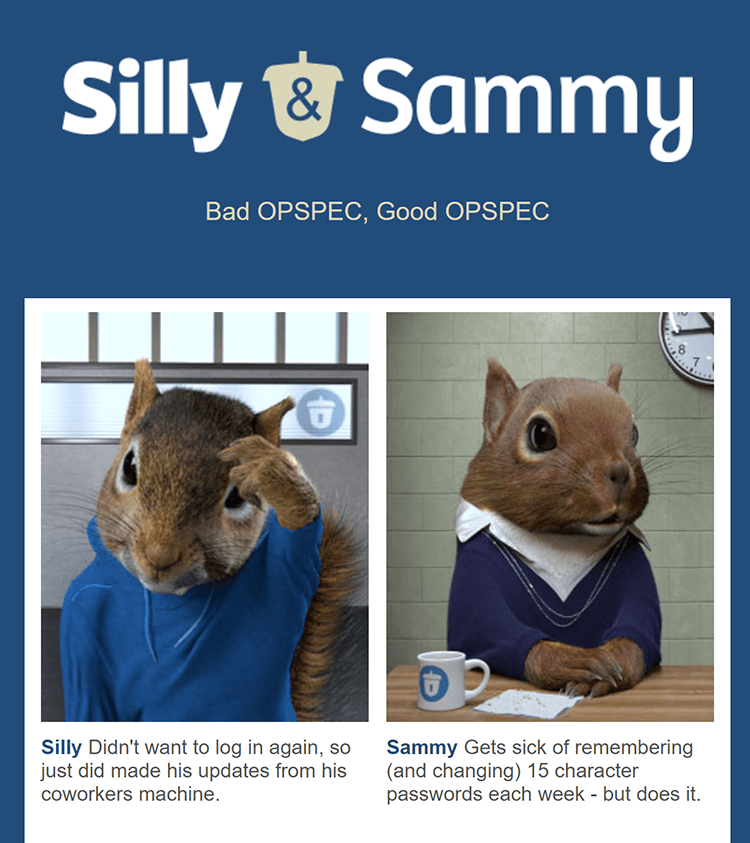It goes without saying you shouldn’t share your computer passwords – even if your IT department or boss asks you to (if they need to access your machine they can use admin credentials or reset your password themselves). But there’s another common practice plaguing many security offices – sneaking a quick minute to perform a work function from a coworkers computer could spell big troubles for you if your facility security officer finds out.

The issue of password sharing isn’t just an issue for cleared professionals, either – it’s gone commercial. Last year, the Ninth Circuit Court of Appeals upheld a conviction for a man who used the credentials of a coworker – a coworker, who like Edward Snowden’s, willingly shared his credentials. The court ruled the individual can be held responsible for sharing his credentials.
The internet uproar had some speculating if those sharing their Netflix or HBO accounts may soon be under fire. In most cases, those businesses clarified they are worried about the number of accounts – not who you’re sharing your password with.
Post-Edward Snowden, password issues have gotten even worse, with many companies updating their requirements for password quality and how often they need to be changed. In the midst of trying to remember the dozens of passwords you’re responsible for, it may be tempting to use the credentials of a coworker, on their machine, if you just need to make a quick fix or update. If you’re working in a secure facility, however, the answer to that should always be ‘no.’
- Don’t use a dictionary word. The more basic your word, the easier it will be for a hacker to crack.
- Turn a phrase into a password. Think about a sentence or word that really means something for you, and turn it into a one word (12 character + password).
- Mix a meaningful string of numbers with random words. Obviously don’t use your birthday. But if the date you left for college, met your spouse, or drove cross country with a college roommate has meaning, use that number interspersed within a word or phrase.
Passwords are a fact of life. More companies are applying dual factor authentication and biometric log-ins. But your basic password isn’t going anywhere, either.



